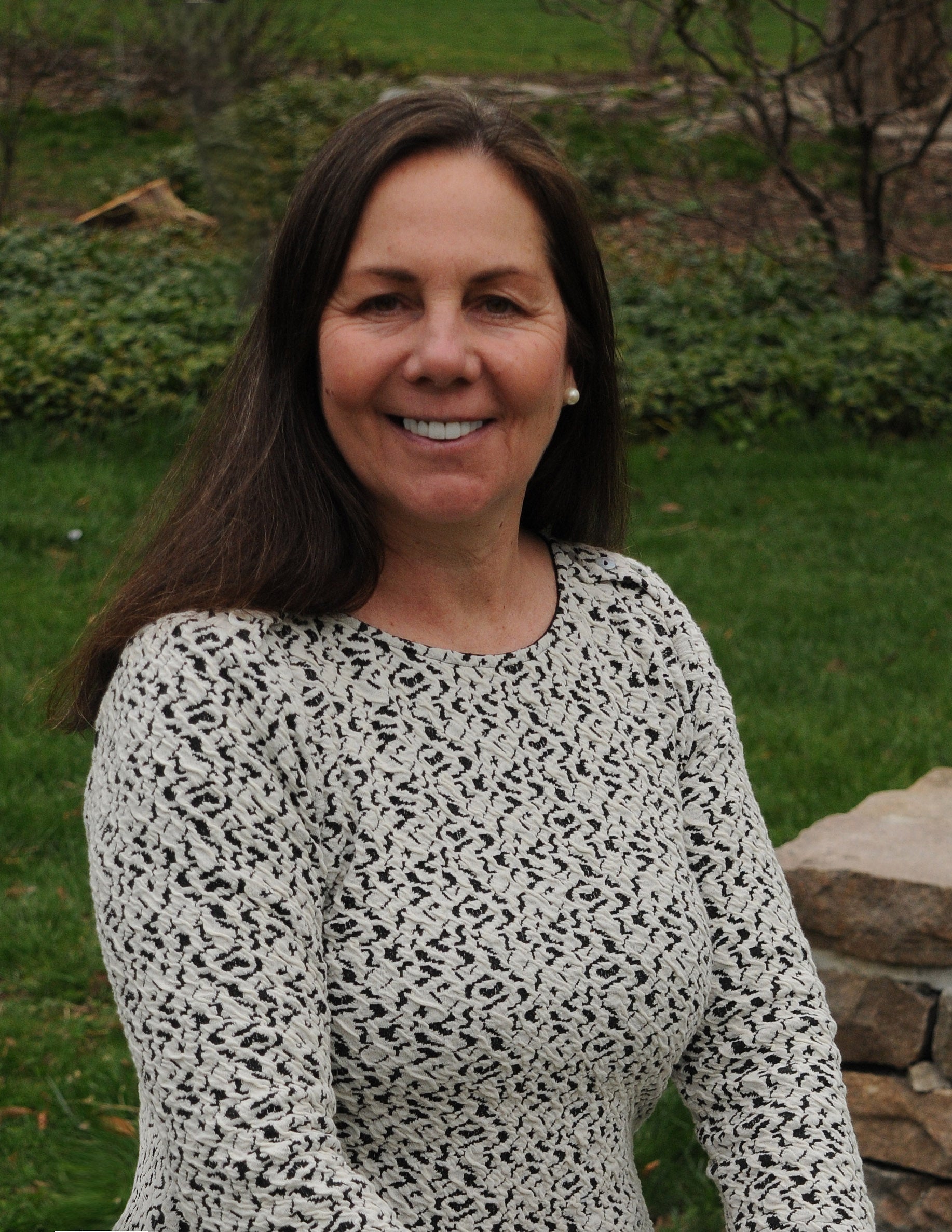KINGSTON, R.I. – April 30, 2018 – Laura Meyerson, a professor of invasion and restoration ecology at the University of Rhode Island, has been awarded a Fulbright Global Scholar Fellowship to spend a year conducting research on invasive plants in Argentina, the Czech Republic and South Africa.
The award is Meyerson’s second Fulbright Fellowship and her first in the prestigious Global Scholar Program.
“I’m very excited because one of the objectives of the Fulbright program is to not just do science but to be an ambassador for the United States,” she said. “They want us to integrate with the communities we’re visiting, build long-term relationships with those we work with, and build goodwill between the U.S. and other countries. I’m looking forward to that role.”
Meyerson will spend October through December at Stellenbosch University in South Africa, January to March 2019 at the National University of La Pampa in Argentina, and May and June 2019 at the Czech Academy of Sciences.
Her research examines the mechanisms underpinning plant invasions into new territory and the consequences of these invasions for ecosystem function and human well-being. She focuses primarily on Phragmites, a perennial wetland grass that grows on every continent except Antarctica.
“This is really the chance of a lifetime to go and spend quality time in places where the species grows as a native and to really be able to study it, experience it, talk to local people about it, and learn about it,” Meyerson said. “I get to do all the stuff that I love – go to interesting places where the plant grows, work with the best scientists, and be productive.”
During her travels, Meyerson will collect soil and leaf samples from phragmites in a wide variety of locations – not just in the three host countries in which she will be based but also throughout Europe and parts of Asia. Her aim is to analyze the soil and leaf samples for bacteria and fungi and identify the genome size of the plants.
“In previous research, we found that the plant lineage determined the soil microbial communities, which is contrary to what the literature said was the case,” she said. “So my big question is, does this hold true globally? I’m going to take that question and build on it at the global scale. We’re also interested in whether the plant genome size influences the microbial community structure.”
During her first Fulbright Fellowship in 2011, Meyerson and her host Professor Petr Pyšek grew 100 different genotypes of Phragmites in a common garden in the Czech Republic, where the plants were exposed to the same environmental conditions. She found that the most significant factor in determining whether a plant will become invasive is the size of its genome.
Her research in the coming year will build on these results by investigating how microbes living with the plant may influence the plant’s fitness and likelihood of becoming invasive.
In addition to her field studies, Meyerson will spend part of her Fulbright Fellowship writing a book about Phragmites.
“The native Indian people in Argentina have used Phragmites forever for baskets and bedding, and in South Africa it’s used by the Zulu nation for fertility ceremonies,” she said. “So I’ll be interviewing people and attending ceremonial events while I’m there and writing about it.”
The Fulbright Scholar Program is the flagship international educational exchange program sponsored by the U.S. government and is designed to increase mutual understanding between the people of the United States and the people of other countries. Recipients of Fulbright grants are selected on the basis of academic or professional achievement, as well as demonstrated leadership potential in their fields. Established in 1946, the program operates in more than 155 countries worldwide.

